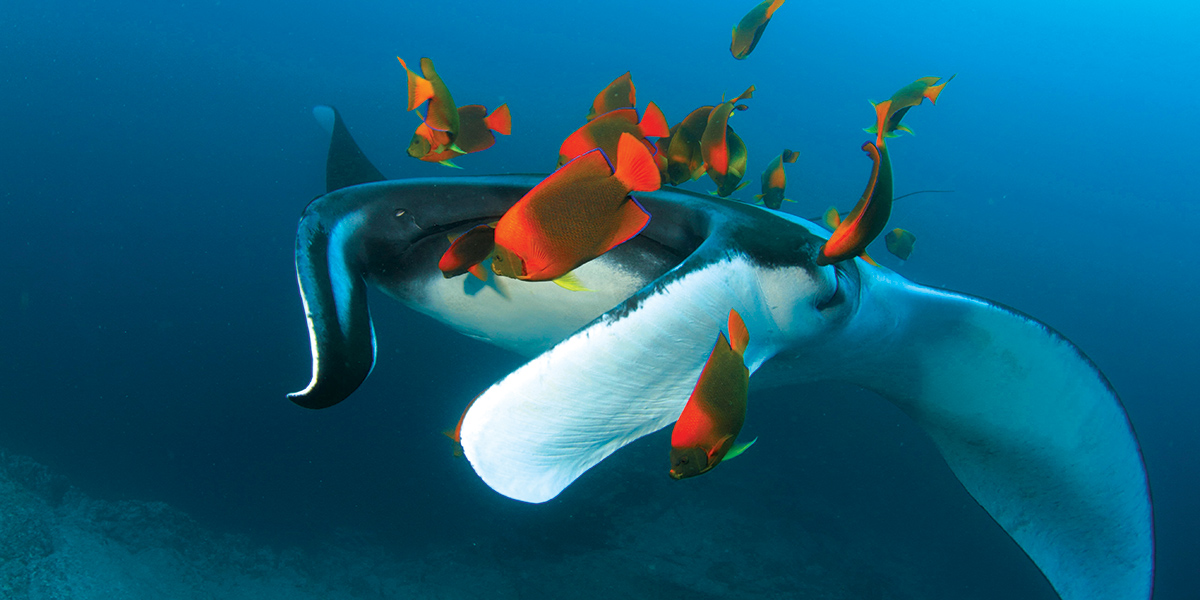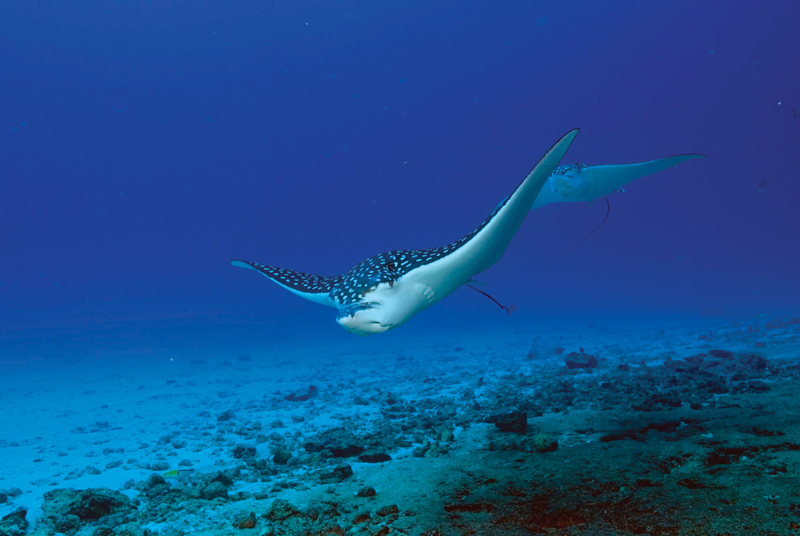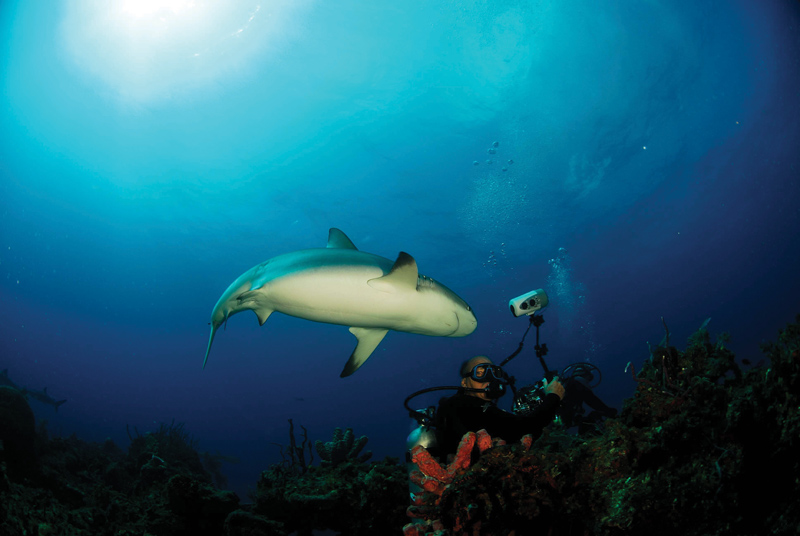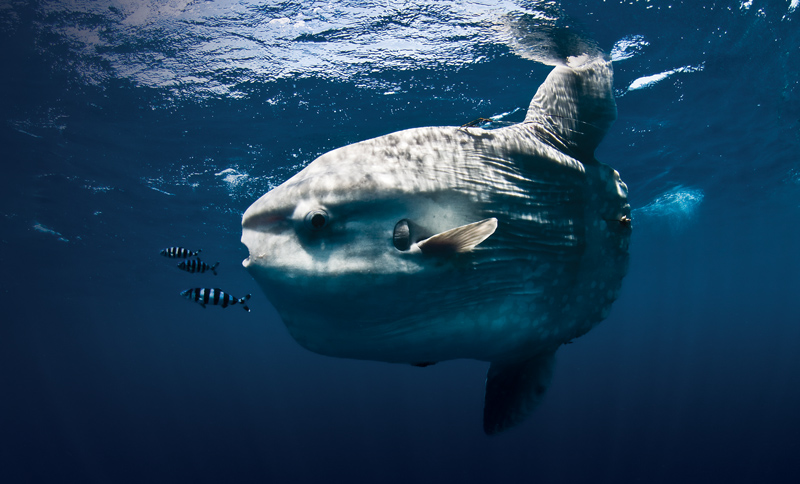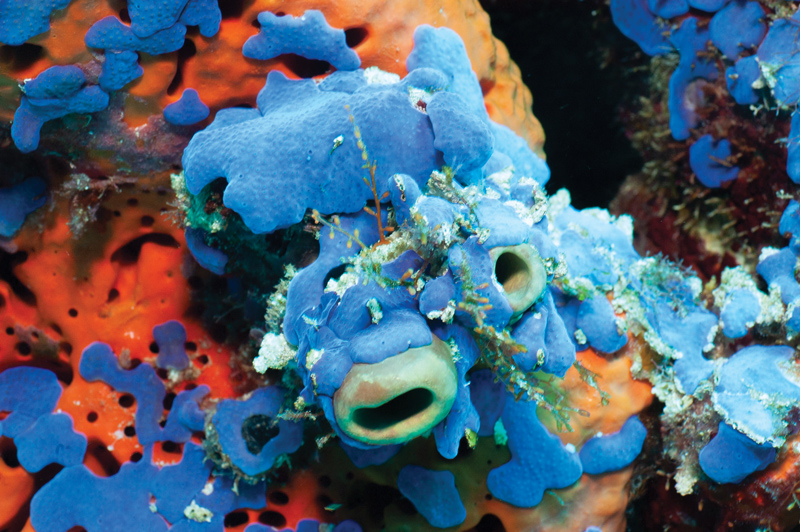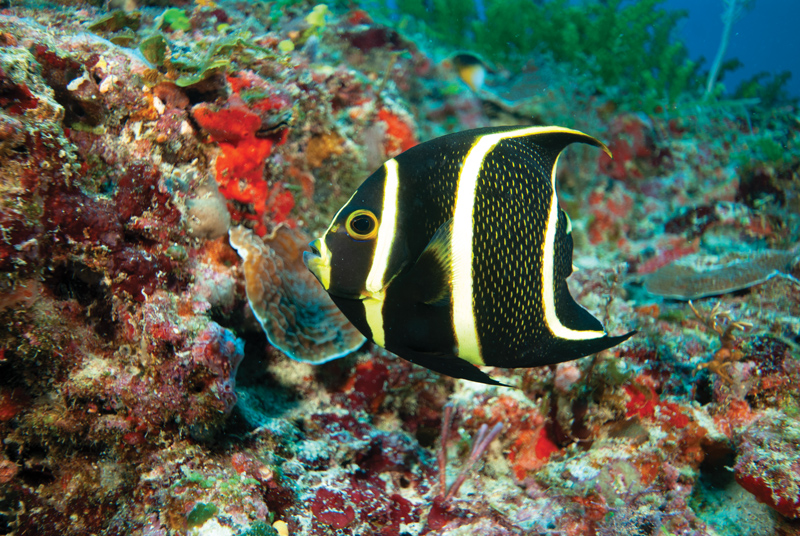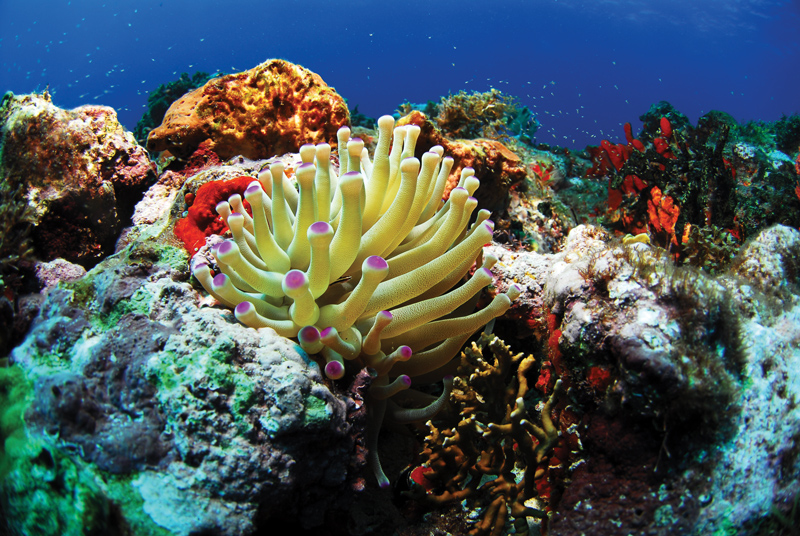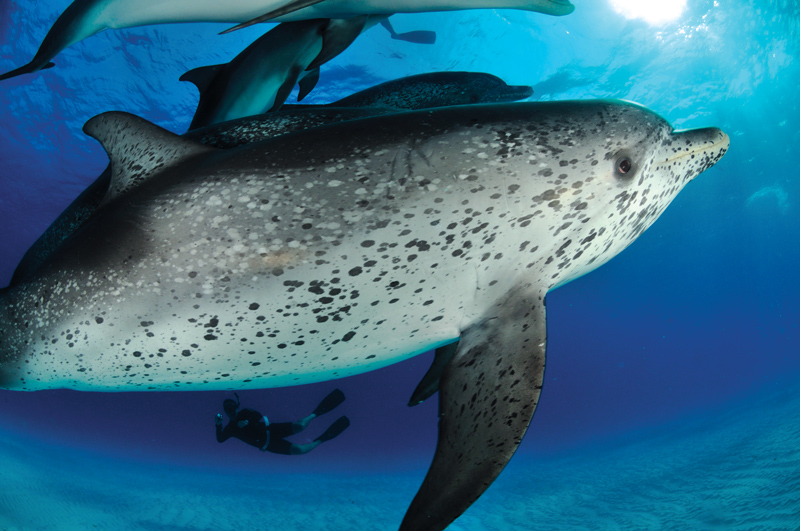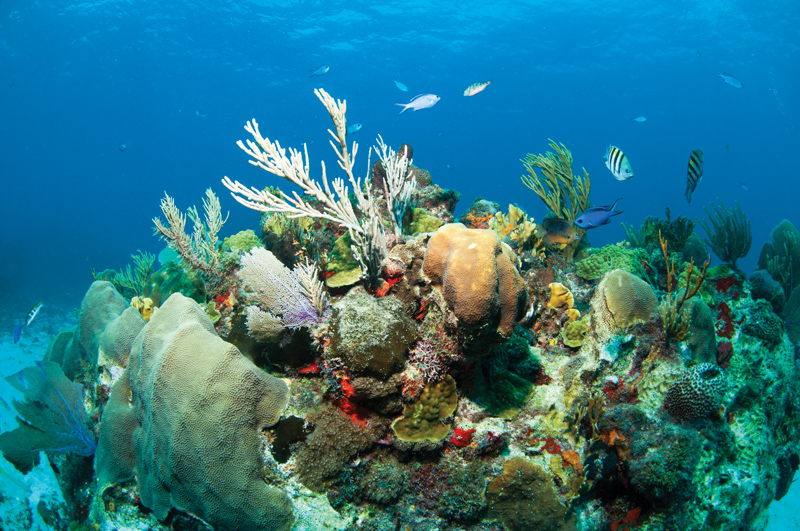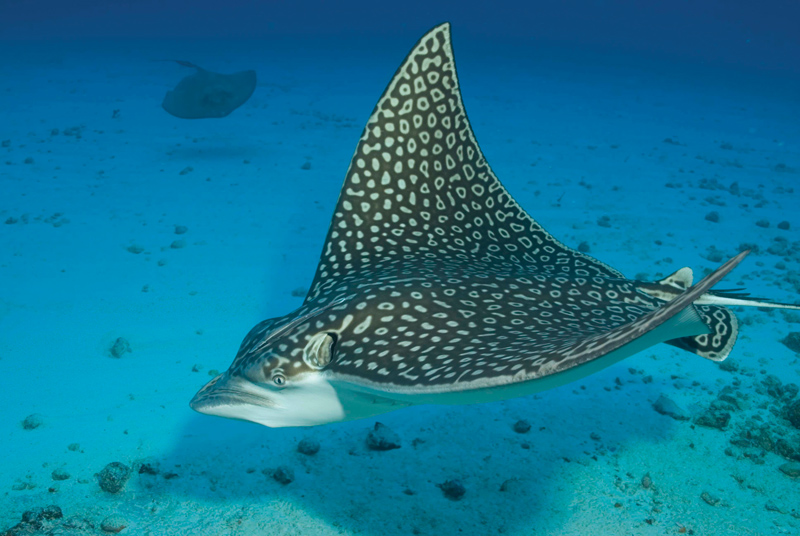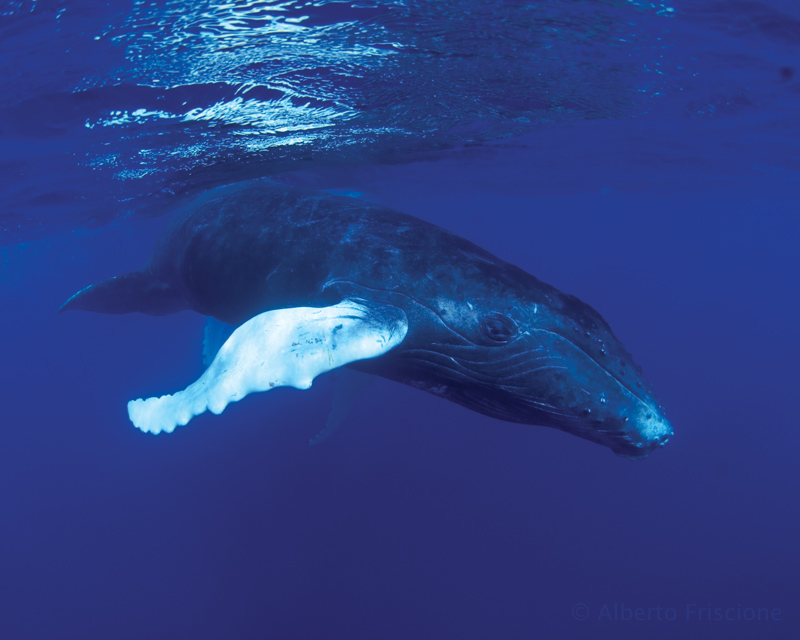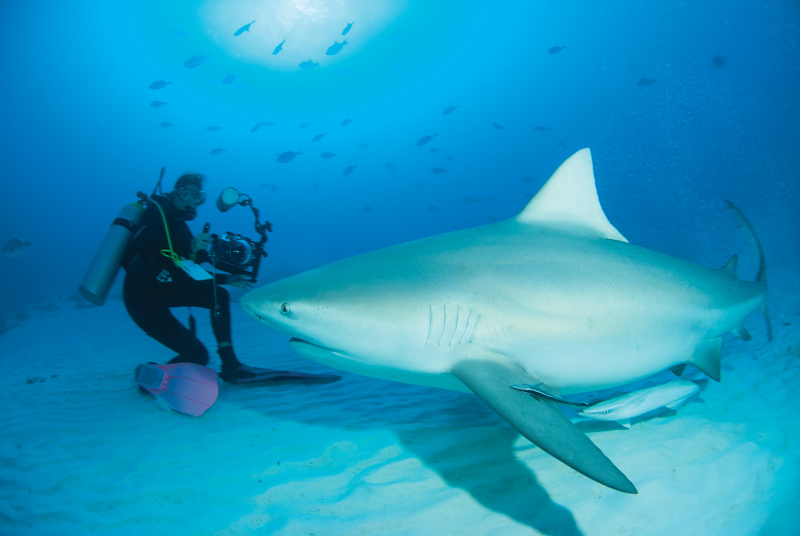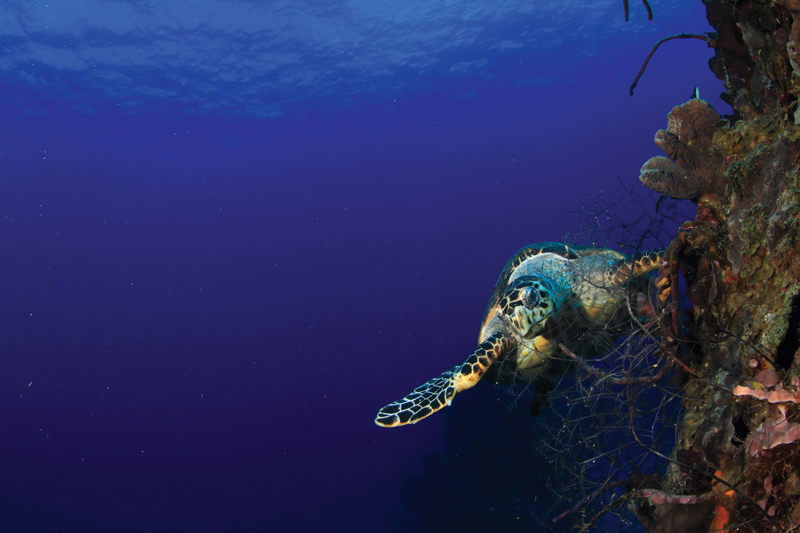I need the sea because it teaches me,
I don’t know if I learn music or awareness,
if it’s a single wave or its vast existence,
or only its harsh voice or its shining
suggestion of fishes and ships.
The fact is that until I fall asleep,
in some magnetic way I move in
the university of the waves.
It’s not simply the shells crunched
as if some shivering planet
were giving signs of its gradual death;
no, I reconstruct the day out of a fragment,
the stalactite from a sliver of salt,
and the great god out of a spoonful.
What it taught me before, I keep. It’s airceaseless wind, water and sand.
It seems a small thing for a young man,
to have come here to live with his own fire;
nevertheless, the pulse that rose
and fell in its abyss,
the cracking of the blue cold,
the gradual wearing away of the star,
the soft unfolding of the wave
squandering snow with its foam,
the quiet power out there, sure
as a stone shrine in the depths,
replaced my world in which were growing
stubborn sorrow, gathering oblivion,
and my life changed suddenly:
as I became part of its pure movement.
(Pablo Neruda)
Only water, and its particular combination of properties, has allowed life to exist as we know it today.
I thought it would be easy to talk about the sea, considering I’ve spent more than half of my life living, enjoying, and rejoicing in all the sea has to offer. It possesses a feminine quality,
as it nurtures and gives life. During my early childhood, I visited her seldom, and with bias caused by parents’ fears, who believed monsters and sharks lived within, lurking and waiting for human swimmers.
From the moment I put on a visor, snorkel, and fins, on the beaches of Villa Rica in Veracruz, and I saw silver fish that swam through my legs, I was wonderstruck and hypnotized by the landscapes that became visible before my eyes. I was so grateful for the silence and the feeling of peace, contrary to the noise of speedboats and yelling fishermen, who broke the spell... I re-immersed, with the intent of my head not leaving the ocean.
However, many other experiences were intimidating, like boats that returned with many captured sharks with cold stares; their large, sharp teeth that now, as i remember them, make me feel pity. When I was studying to be a veterinarian in the port of Veracruz, I was finally able to respond to that irresistible calling from the ocean.
I began by snorkeling the reefs near the harbor, with an atrocious fear of sharks, which slowly became curiosity, as i did not find any threats beneath the water, only extreme generosity. She offers an incredible freedom of movement, upwards and downwards, from one side to the other. But I understood it was easy to lose oneself in its vastness and that one must be alert, just as my parents had warned.
Stuck in the mystery of the sea… I began to research. Books say the planet was still a ball of fire when it started to orbit the sun, as were its neighboring planets, since the beginning of light and time.
Once the crust cooled and the planets, large and small, adopted their solid, current states, this planet was the only one in the Solar System to receive a dowry in the form of oceans; life on earth relies on the health of the oceans, as they control the weather, temperature, absorption of Co2, and hold 97% of the earth’s water and biosphere.
I learned that the ocean is a continuous body of salt water, that covers an area of 140 million square miles –more than two thirds of the earth’s surface–. This enormous quantity of water is divided by geography experts, into a small number of large oceans, and individual seas, large in number but connected with each other.
Traditionally, the oceans were four: the Pacific, Atlantic, Indian and Arctic oceans. However, in 2000, it was decided after much discussion, that the ocean surrounding the Arctic would be called South.
The first miracle of the earth’s creation was producing the immense force of gravity which holds the oceans to the sides of our sphere in cosmic flight, without it spilling or splashing a single drop towards space, as every single milliliter was reserved and would be necessary for putting into action the first and only true machine of perpetual movement; destined to create evolution of life on our planet.
And the miracles continued, as all that grows and moves today on Earth's surface had its origin in that initial mixture, shaken by the ocean’s tides, that remained immersed in nutrient-rich fluids, at comfortable temperatures that never went dry. Cells multiplied and with time formed eyes, and fins, that allowed animal species to see and move at will. And so with evolution, an infinity of species rose, from jellyfish to urchins, small fish, seahorses, worms, amphibians, reptiles, birds, mammals, and all kinds of vegetation in and out of the water.
Only over time did the Earth take the shape it has now in photographs taken from Space. We can appreciate a blue jewel suspended in black emptiness, with the light of the sun reflected upon its vast water-covered surface. I learned and discovered that colorful fish, with different shapes and sizes, live routines just as we do.
Coral reefs
Coral reefs appeared in ocean's more than 400 million years ago. Since then, thay have not ceased to leave breathtaking structures, with shapes of a magnificent diversity; exuberant with pride.
During the last ice age, at its peak, sea level was approximately between 110 and 120 meters below its current state, and reefs that bordered tropical continental plates were thin, which allowed human migration to islands with available resources.
Corals belong to the group of animals called cnidarians which encompasses soft and hard corals: Elegance corals, gorgonians, hidroids, medusas and anemone. Even though it is a highly diverse group, all these animals share various characteristics. In the larvae phase, theyd well through the oceans and all possess a simple coral structure, with a center mouth through with food enters and leaves the body.
Coral reefs are much more than visual treasures. Without the intricate structure they offer, a diversity of plants and marine animals in the tropics would be reduced to a small fraction of what they represent now. Reefs are places of endless interest that can be compared to dry land’s habitat in richness, beauty and complexity. While only 0.9% of ocean surface is covered by reefs, its biodiversity is vital to 500 million humans dependant on food, fun, construction materials and coast protection. It is estimated that 375,000 million dollars worth of goods and services are provided each year by the ocean.
The ocean is probably one of the most charismatic environments in the planet, as they appear to be rocks, but are living creatures. Witnessing their reproduction – which usually occurs at night under the moonlight which has intervened as an incubator since the beginning of time – is an opportunity not easily forgotten.
In essence, reefs are like cities where corals serve as brick, and algae plays the role of cement.
Observing them under water, one can appreciate the fusion of life in all of its exuberant colors and wonderful activities. The view is rarely still, before something moves and catches the viewer’s eye. They resemble castles, horns, chandeliers, fans, and human brains.
A paramount element within the food chain, is plankton. Large quantities of zooplankton, which only surfaces in the earliest hours of the day and at night to feed off of fitoplankton, before returning to colder waters, deeper down. This is where large sharks, whales and giant mantas carry out feasts, and us humans can enjoy their presence.
The number and variety of animals and plants we can find in oceans is too large to count. From the tiniest of bacteria measuring fractions of millimeters, to the largest animals on the planet like the blue whale, measuring 33 meters, fish and sharks of all kinds, and nomad species like tuna, which travel thousands of miles to their reproduction sites and feeding sites. While reef species such as lobsters, angel fish, barracudas and others, find their way of life and become part of the marine landscape with their bright colors.
Her generosity
Earth is benign compared to what would be of it without oceans. These large masses of water act as storage for the sun's heat and release it gradually to other places on the globe. This way, oceans carry out their role in climate change. They provide oxygen. The oceans give us a sense of freedom, adventure, amasement, serenity and the greatness of life itself. They are absolutely necessary for world commerce.
The seas attract us, because, in a conscious or unconscious level, we feel that they are completely irreplaceable. Even though this entirely different world is still kept as a secret, we believe it holds our past and certainly conditions our future.
For me specially, the blue ocean is the best antidote for escaping mundane problems.
Man returns to sea
Since prehistoric times, the ocean has represented an immense attraction for mankind, who, as civilizations developed, has obeyed this summoning. Man began by immersing in water to find food, pearls or lost objects, or for battle purposes. But the human body is practically inapt for deep and prolonged immersion; so devices were crafted, with the price of many lives, until the need for decompression was acknowledged.
Only in recent times did modern and adequate techniques become available to us. We have opened borders with a world that defies imagination in its most fantastic state. Sights and adventures await the explorer underwater; a reunion with the creatures of the sea in their natural habitat. It is a direct revelation of infinite variety, and the multiplicity of living beings that reign the seas. When submerged in the ocean, you cross the border into another world; a world of infinite beauty and complexity that, even today, we know very little of.
Under the ocean’s skin, there are plants that swim, animals that remain still and resemble rocks, sharks with hammer-shaped heads, mammals without feet nor hair –complex. To see, photograph, study or even just feel the embrace of the waters, are reasons for humans to experience sensations like never before. It is easy to adapt to this universe, you just have to allow it to guide you.
The challenge
We all come from the sea, but few of us return to it. The sea, so pretty and complex, so unpredictable and majestic, is now wounded in the deepest parts of its abyss.
Most people are not conscious of the importance oceans have for life on earth. If they were to know that oceans absorb 3 million tons of carbon dioxide annually; that medication that saves lives comes from the ocean; that the ocean is a source of animal protein. The oceans are home to a countless number of species of all shapes and sizes, from microscopic plankton to the giant squid, the octopus, sharks, and whales. In fact, the complexity of life is greater in oceans than on land.
Unfortunately, our irreplaceable oceans are in danger. The impact of overfishing, global warming, urbanization on coastlines, pollution, illegal trafficking of species, accumulation of toxic substances, neglect and lack of education to name a few, have put our powerful oceans at risk and with them, all forms of life within. Oceans can provide and have provided notable benefits, but sadly we have gone past the fear and respect we used to have for them, and we have taken them for granted and mistreated them in the last few decades. In fact, in many places, the harm has been so grave that it is now irreversible.
Oceans may appear to be endless and its wildlife may appear to be so prolific that for many centuries its resources, in particular fishing, seemed infinite, and its ability to absorb waste, unending. Both of these beliefs however, have proven to be false. Today, the oceans, their flora, and their fauna, find themselves under great threat, like never before, due to the direct or indirect effects of mankind.
Subsequently, I believe that spiritually, the protection of our oceans is the truest cause, the most emotional and fair one we will ever embark upon as the human race. If it were to not be so, future generations will have us to blame.
What I seek to accomplish with my photographs is not just science, but to create awareness so that this marvellous world can live on.
Solo buceo. This email address is being protected from spambots. You need JavaScript enabled to view it.
Reference: Planeta Azul, historia natural de los Océanos.
Celebración a los mares.
Text: Alberto Friscione ± Photo: Alberto Friscione

